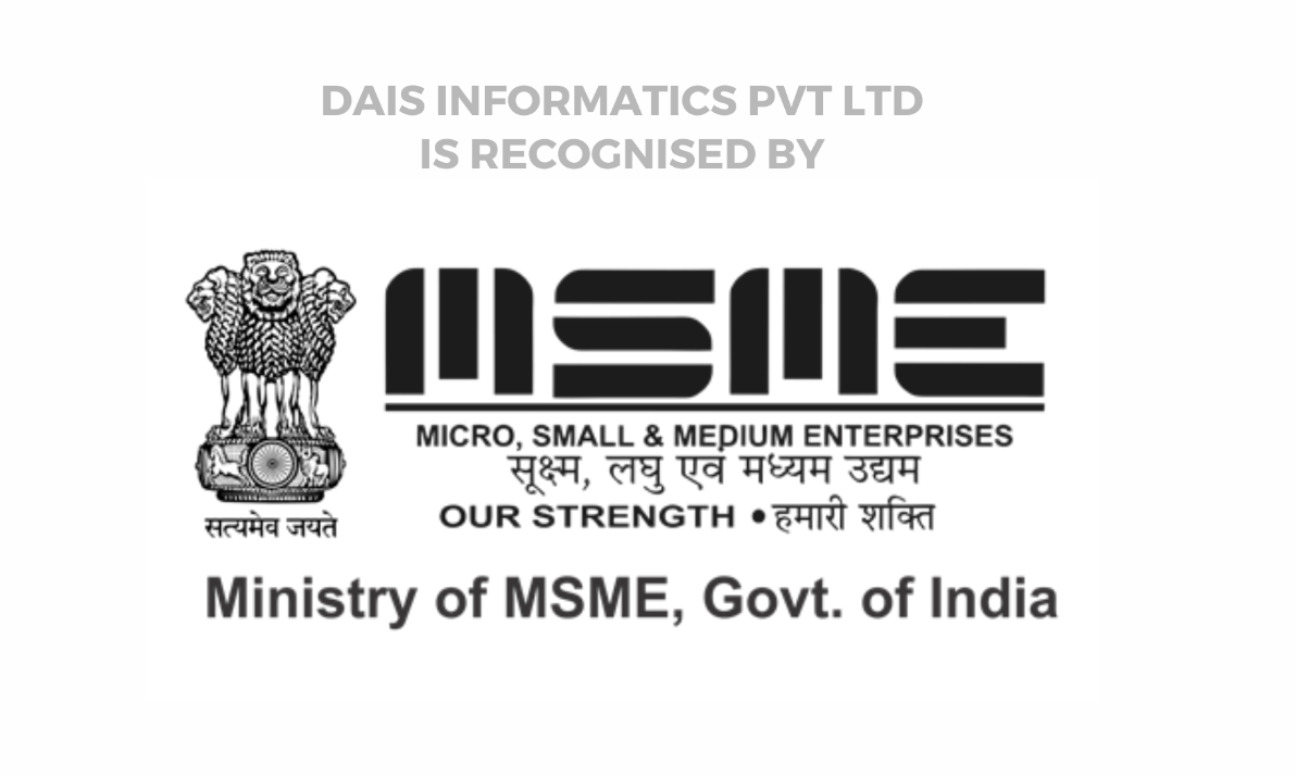Editorial > New-age Fintech versus the Big Daddies of Banking
New-age Fintech versus the Big Daddies of Banking

Dais Editorial | 17/03/2022 08:21 PM
‘Ye Sab Doglapan Hai,’ said the wise Shri Ashneer Grover on his swan song Shark Tank before the dreaded call with Kotak started his downfall. His attitude and suavity had a sense of naturalness to itself. As if he were born to rule. Until that point, when his shares in Nykaa didn’t get allotted. All hell broke loose as he unleashed ungodly wrath on an unsuspecting Kotak Banker just because they couldn’t secure IPO funding for him.
Now we would say in hindsight, ‘Aren’t you glad?’ considering where the share price has dropped to today, but let's keep that for another day. For the moment, let's understand what happened here. A swashbuckling Co-founder of a snazzy dream startup that went to a valuation of $2.8 Billion in a matter of 4 years suddenly cribbing of losing a couple of notional crores? Didn’t make sense.
But who was to know that destiny would bite back and this panga would cost him the very business that brought him this swag. As the events unfolded, BharatPe formally sacked its co-founder Ashneer Grover for ‘financial misappropriation’!!
Whoaaaaa!! Didn’t see that one coming. Or did we?
‘Cos it seems he wasn’t the only new-age Fintech flagbearer who fell from the skies to the mud. Vijay Shekhar Sharma soon followed suit.
As if the problems of overvaluations on listing were not enough, RBI decided to play truant to the game of this poor dreamer. Let's admit it – he was the one who gave us the idea in 2010 that peer to peer transfers could be possible over a mobile phone. The same year that HDFC Bank was still making you walk to the branch to get a mere statement of account and SBI had not even heard of online logins to bank accounts. And now after 11 years of hard-fought growth, when he finally listed – the stock tanked 70%!! The stock market was not done beating him up yet when RBI let a final blow out – Barred the payments bank from onboarding new customers!
The reasons seemed normal by today’s standards – Data leaks to China! Heck, everyone does that. Why punish this 43-year-old so many times? Because looking at his debacle, many others who wanted to come to the Capital Markets are now quietly slipping away.
The most prominent one being Mobikwik – This little fly on the wall kept sitting on the sidelines for years… waiting for big brother Paytm to list and watch its fate unfold. Every time there was talk of them going IPO, a reason for ‘now is not the time’ emerged.
Unstable international markets, PB Fintech not doing well on the bourses, Paytm floundering in investor's eyes, Russia Ukraine War, the dog-next-door not feeling well today... every reason that kept them from taking the plunge was rapidly lapped up. As if they never really wanted to do it in the first place.
But are these ‘overnight’ stars of Fintech the real protagonists of this show? Or are their strings being pulled by someone else in the background?
Perhaps those who have a lot more to lose if these youngsters succeed. Like the Biggies of Banking – The SBIs, the HDFCs, the ICICIs, the Kotaks of the world who have spent decades lobbying, struggling, and yet somehow surviving the tightrope of Indian politics – with profits to boot and investor wealth to show off. These Fintech kiddos are an existential threat to the futures and fortunes of these old warhorses.
Suddenly a Star co-founder becomes a master scammer, a nerdy Financial geek has past records of ‘arrests’ opened out, a promising outfit has its books scrutinized for ‘ability to generate profit’ and it all happens in a span of a few months?
Is it too much of a coincidence or are we the only ones connecting the dots?
Just imagine being left to the mercy of HDFC and SBI to take us through to the era of peer-to-peer and Neobanking? We would still be standing at their branch counters to deposit and withdraw cash- only to be poked at several times by their target-driven salespeople to get an unwanted loan or credit card. We perhaps would still be in the era where banking sites worked much less than IRCTC and statements arrived in the post with heavy “fees and charges” being levied on the accounts days ago.
We aren’t there. No, we are not. There was a whole demonetization that happened and we took that well in our stride as a country. Why? Because these pseudo-banks that the RBI simply refused to issue banking licenses to, instead fought their way hard looking to be legitimized. Because they somehow brought brute-force execution to a red-taped bureaucratic process and went all in to ensure they have their way – if not a banking license, then at least a payment bank.
But little did they know who they were up against. With an average vintage of 25 years (Kotak being the youngest), these big bankers were not giving up on their share of the pie so easily. They have larger staff to feed, older more expensive tech to pay for, numerous shareholders to please year on year – they can't just sit there and watch these kal ka chhokras give them a run for their worth.
When we checked on what people are reading on the internet about this changing landscape around banking and fin ance, we found the following questions asked frequently over and over again:-
ance, we found the following questions asked frequently over and over again:-
- Is Fintech a threat to the Banking Industry?
- How are fintech startups disrupting the banking sector?
- How is fintech changing the nature of banking?
- How are fintechs disrupting traditional banks?
- Why should banks partner with Fintech?
- Is fintech the same as banking?
- Is fintech more secure than traditional banks?
It is not just in the field of banking – there are many industries out there that have seen the new taking over the old, not because they were doing something great. But because the old simply failed to go beyond the mediocre. And the same has happened with the banks now. It is only a matter of time when their political favors will start fizzling out and time will eventually take care of them.
"Last year, 42 unicorns came up in the country. These companies worth thousands of crores of rupees are the hallmark of self-reliant and self-confident India," the Indian prime minister said.
Prime Minister Narendra Modi on January 15 interacted with more than 150 startups via video-conferencing and described them as the "backbone" of his vision of new India.
Right now, everything points to a mixed signal to the Business ecosystem. Is it a pro-startup space where we witnessed 42 Unicorns come up in India across the year 2021, or is it a space where mono-poly or duopoly would reign heavy for the years to come?
Interestingly, Nandan Nilekani, the founding architect of Aadhaar and co-founder and non-executive chairman of Infosys Ltd launched a new credit protocol infrastructure called the ‘Open Credit Enablement Network (OCEN) protocol’. Now, if he will be considered the alpha in the wolf pack - That is yet to be seen.
Meanwhile, we feel sorry for the fate of these changemakers and do end up wondering when these big daddies will move over with their archaic ideas in tow and make genuine space for the new to thrive. Until then… let the Ashneer(s) shout, ‘Ye Sab Doglapan Hai…’
"You raze the old to raise the new"
-Justina Chen
We welcome you to come and fill us in with suggestions, feedback, additions and comments here assist@dais.world
You were reading a Dais Editorial©2022







